Prime Minister Keir Starmer says new data showing NHS Fife has some of the worst surgery waiting times in Scotland is “appalling”.
A new report by Audit Scotland said the Scottish Government has “no clear plan” to deliver its vision for the NHS.
While it reveals huge pressures on health boards nationwide, the report shows NHS Fife is among the poorest performing in Scotland in some areas.
Glenrothes and Mid Fife MP Richard Baker raised the report with Sir Keir at Prime Minster’s Questions.
“Waiting lists in Scotland are appalling,” the Prime Minister said.
NHS Fife previously admitted it could not afford to tackle its surgical backlog.
And the country’s chief auditor says the government must be honest with the public about reforming the NHS and how some services may need to be halted altogether.
Despite a government mandate that all inpatient or day case treatments must be carried out within 12 weeks of referral, NHS Fife met this standard in only 47% of cases. It is one of the worst compliance rates nationwide, according to the report.
The health board has also struggled to meet performance targets for mental health services. Just 69% of people were referred for psychological therapies beginning treatment within 18 weeks despite a target of 90%.
The Children and Adolescent Mental Health Service failed to meet the same target.
NHS Fife did exceed the three-week treatment target for those seeking help with drug and alcohol treatment but it was below par when it comes to those referred with an urgent suspicion of cancer, with only 73% beginning treatment within 62 days.
An NHS Fife spokesperson said they were determined to drive down waiting times for evidence-based psychological therapies. In November 2024, compliance with the 18-week target was 83%.
NHS Scotland seeing fewer patients than it did before Covid-19
Despite increasing staffing and funding, Audit Scotland says the health service nationwide is still seeing fewer patients that it did before the Covid-19 pandemic.
Across the country commitments to slash waiting times have not been met and government mandated targets were rarely achieved.
New cash invested into the system has been swallowed up by a burgeoning salary bill and inflation.
While the Scottish Government has set out a “vision” for health and social care, Audit Scotland says it is not clear how these operational pressures on the NHS will be addressed.
They say doing so will require a clear delivery plan alongside tough decisions about how the services the NHS provides are changed or stopped altogether.
Auditor General Stephen Boyle said: “To safeguard the NHS, a fundamental change in how services are provided remains urgent.”
He said this would require difficult decisions about efficiency drives or withdrawing some services completely.
Mr Boyle added: “Taking those steps will require greater leadership from Scottish Government and NHS leaders than we’ve seen to date.”
SNP health chief Neil Gray agreed reform was necessary, but insisted “significant” work was underway through a £30 million investment to tackle backlogs.
He said: “This will see around 12,000 additional new outpatient appointments, around 12,000 additional inpatient/day-case procedures and over 40,000 diagnostic procedures delivered.”
Mr Gray said funding had increased in real terms by 30%, with more cash due to be announced at the Scottish budget on Wednesday.
Melanie Ward, MP for Cowdenbeath and Kirkcaldy, said the figures were “deeply concerning”.
“These figures reflect the desperate need for additional investment and resources, yet we know the Scottish Government specifically instructed NHS Fife not to even ask for investment to bring our mental health services up to scratch.
“The UK Labour government delivered an extra £3.4 billion to the Scottish Government for next year.
“In this week’s Scottish Budget, the SNP must use some of this to fix the crisis in our NHS. Fife deserves better and the SNP now have no excuse for failing to address this.”
An NHS Fife spokesman said: “The figures included within the Audit Scotland report are from April to June 2024, and while the proportion of patients waiting in excess of 12 weeks has improved slightly in the time since, achieving the target for patients across many specialities remains very challenging.”
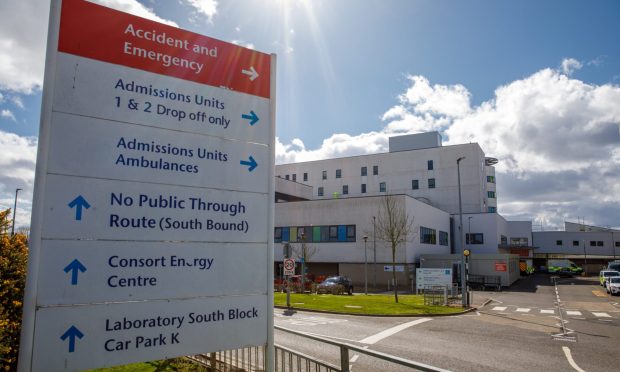

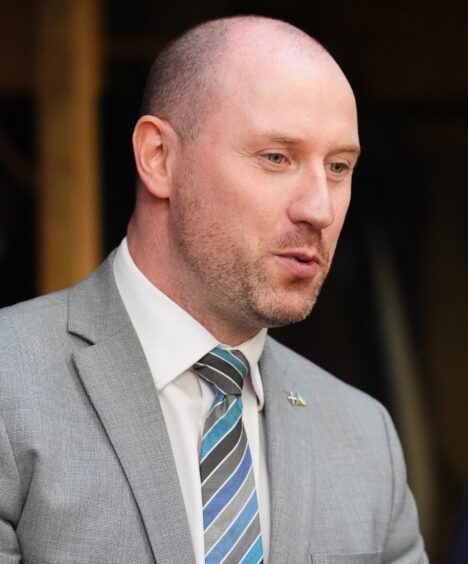
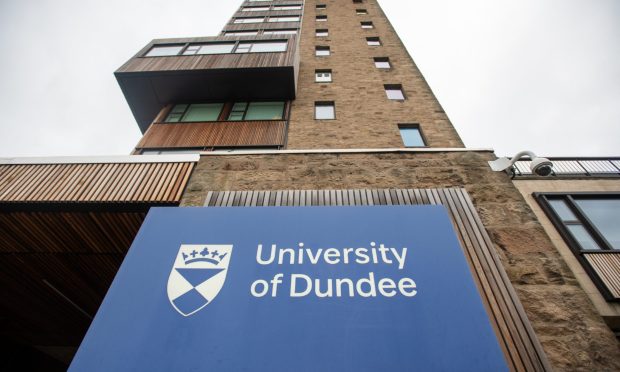


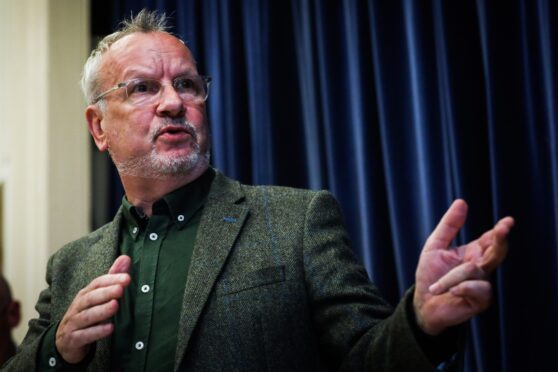
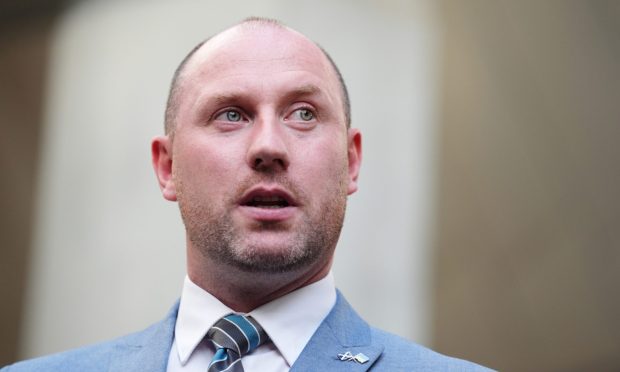
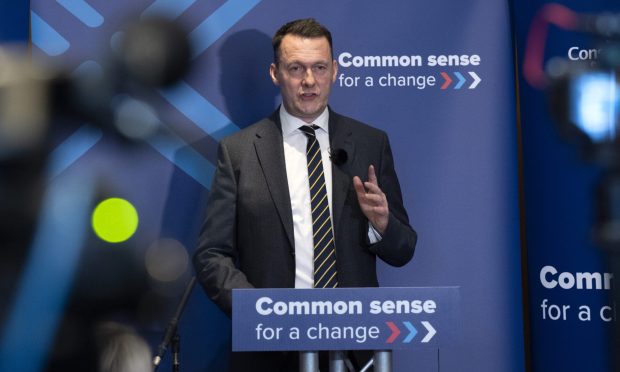
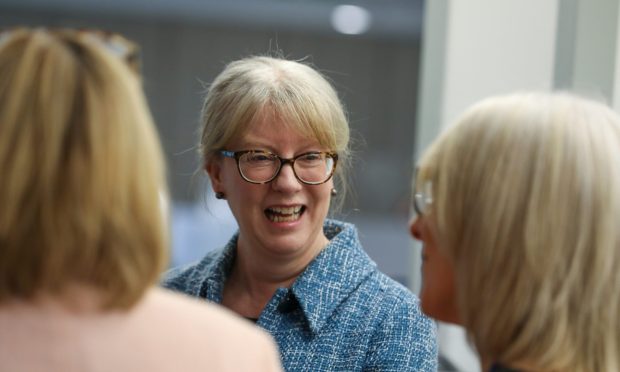

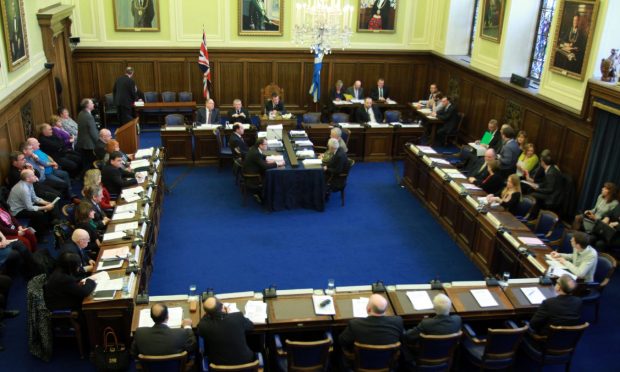
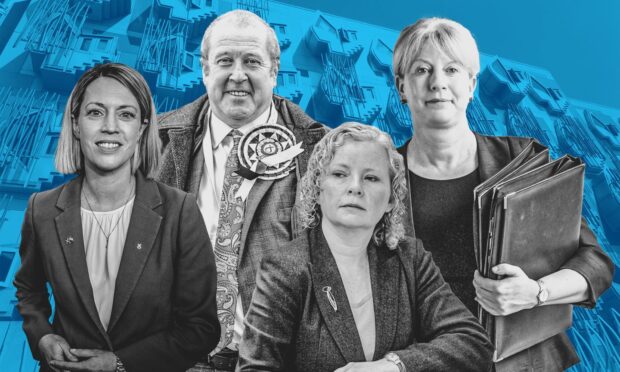
Conversation